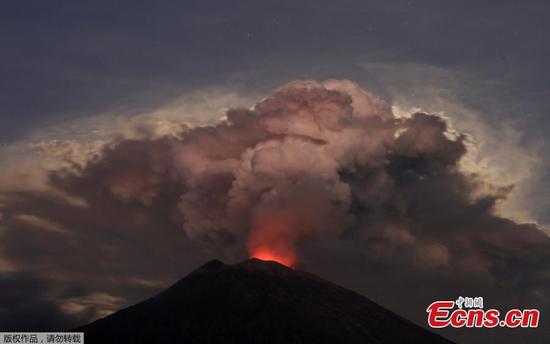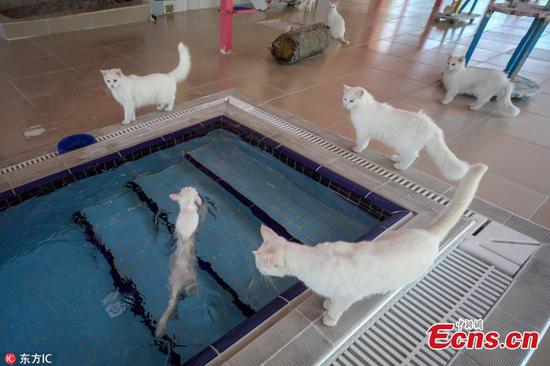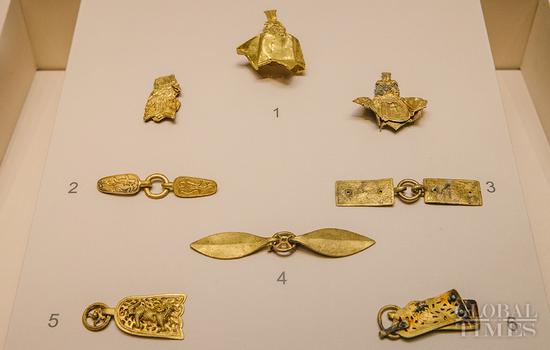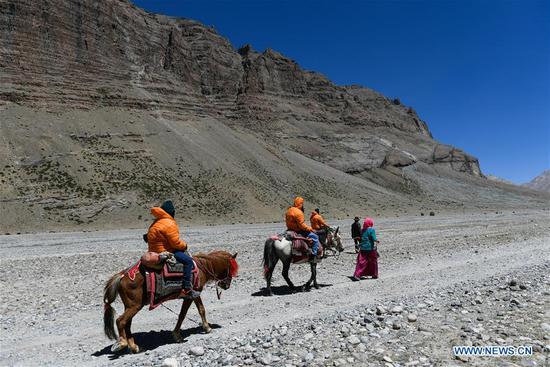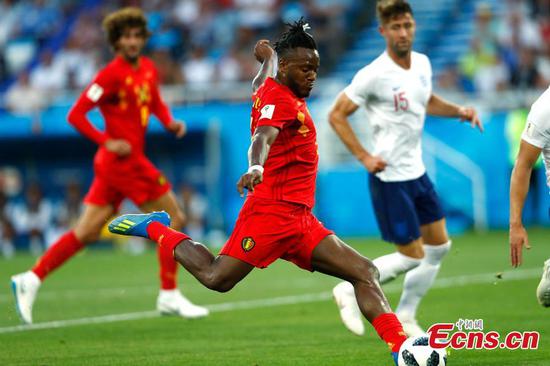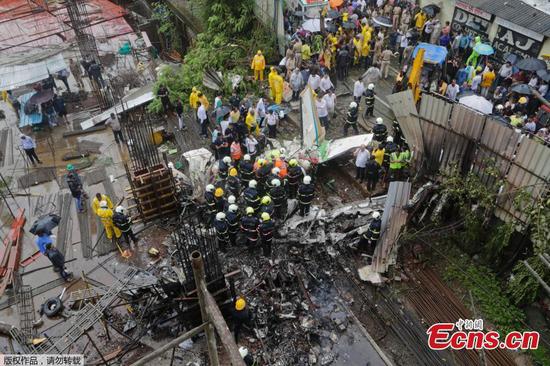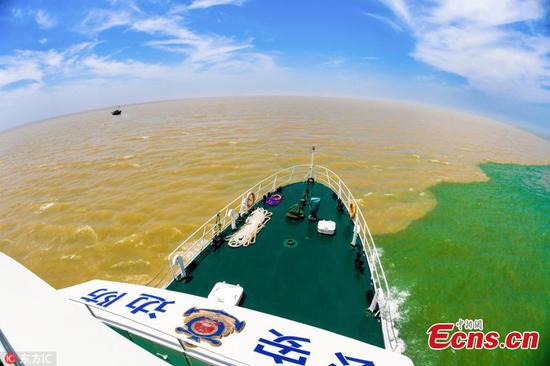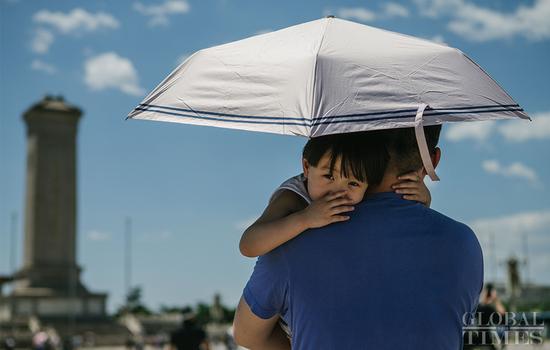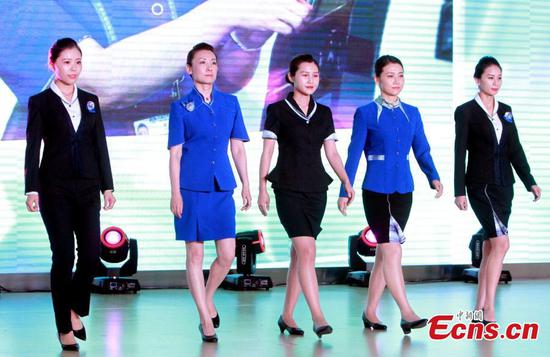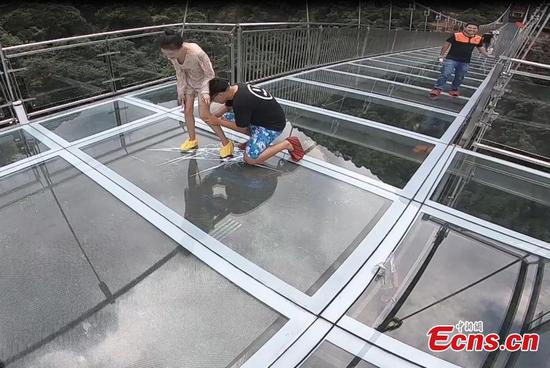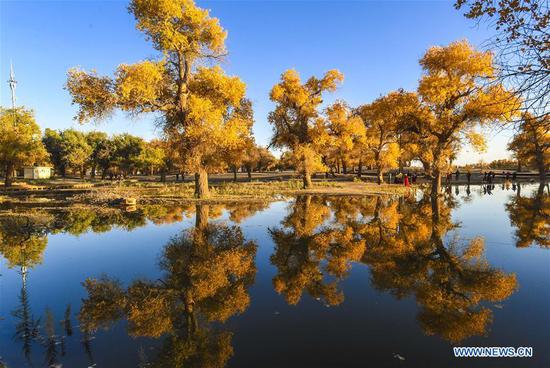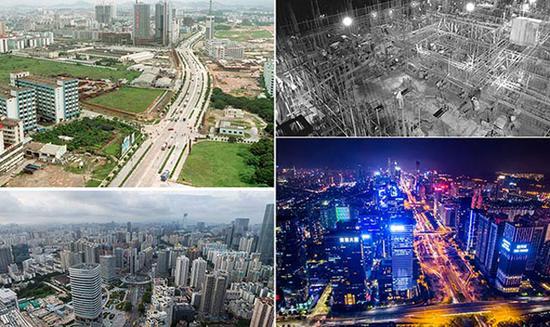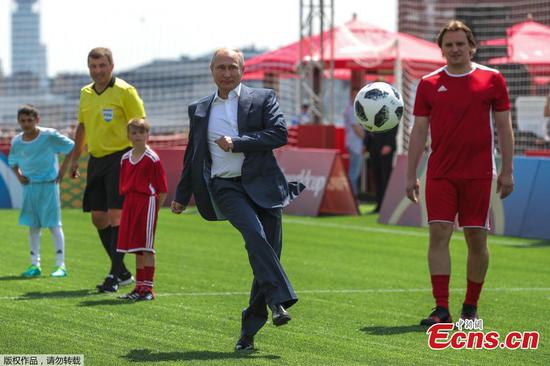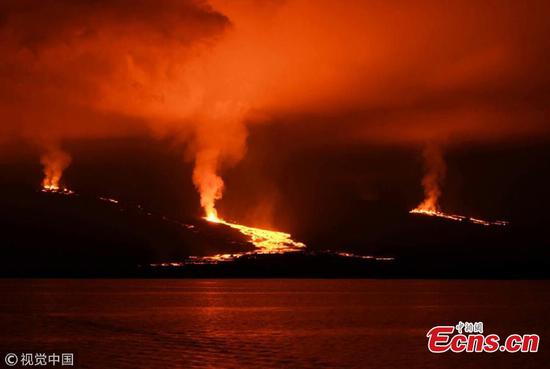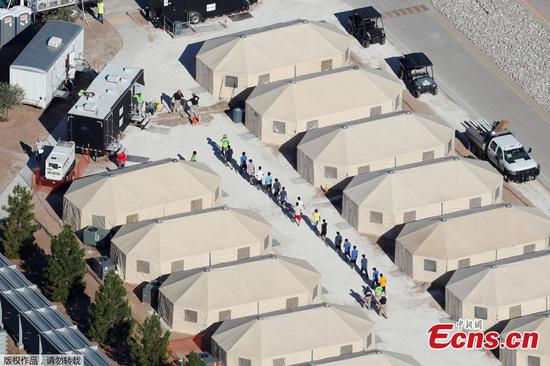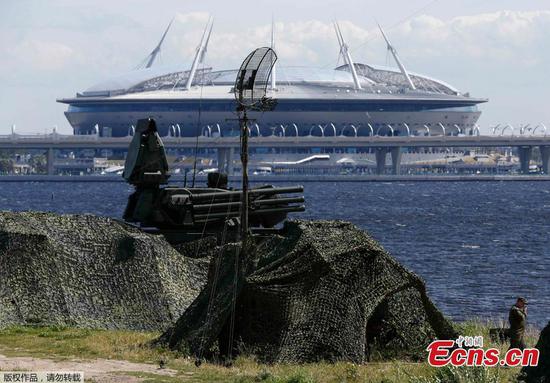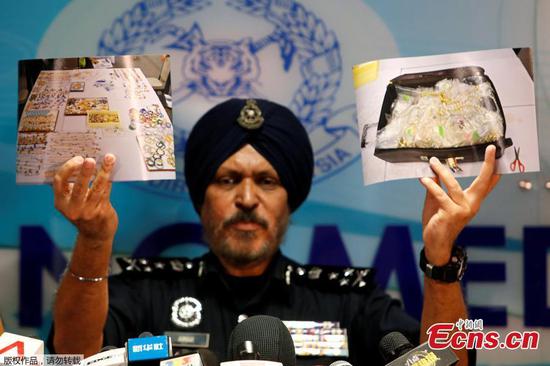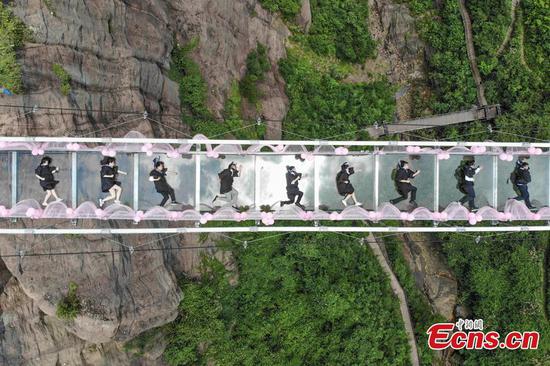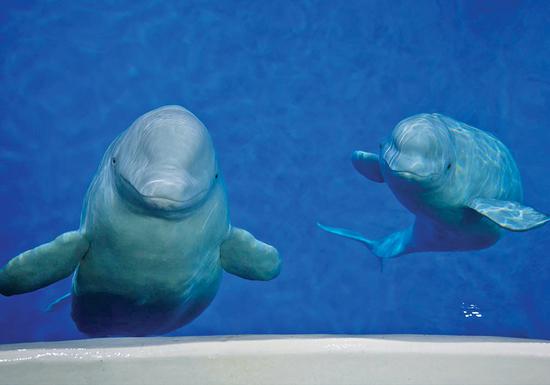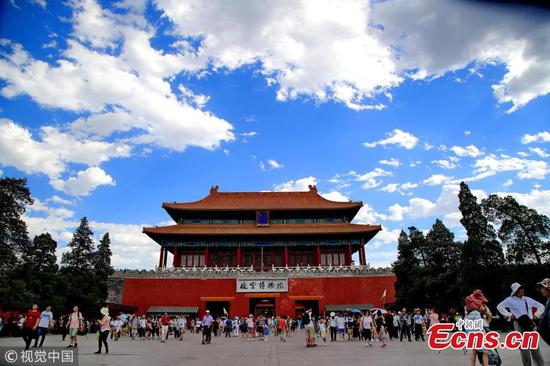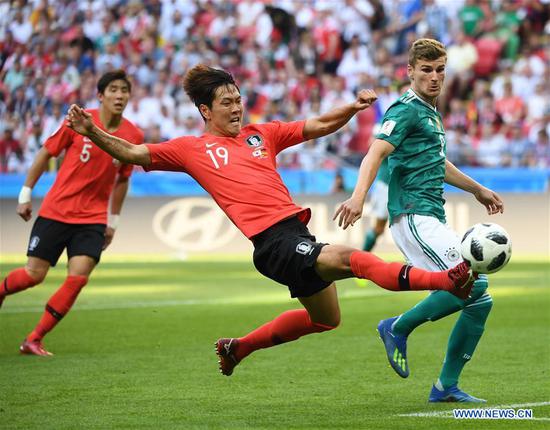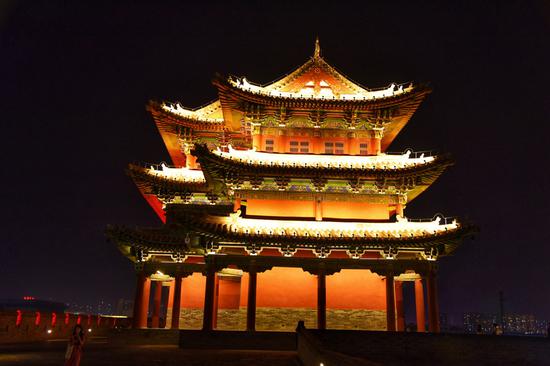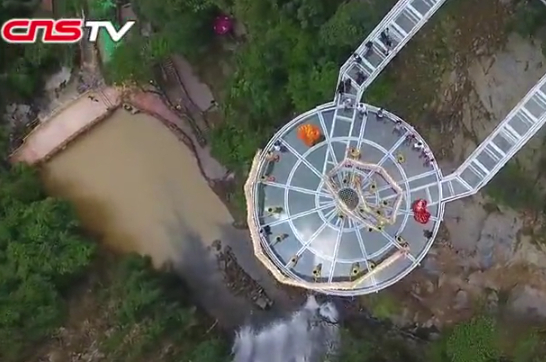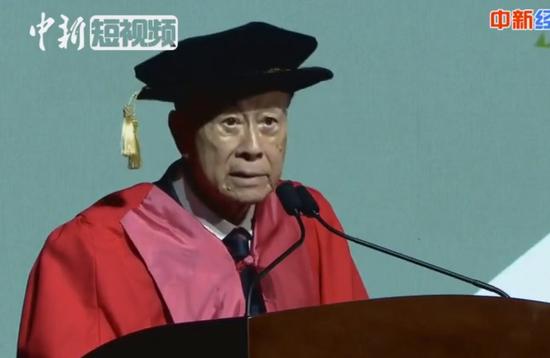Russia and the United States have confirmed their respective presidents Vladimir Putin and Donald Trump will hold a full-fledged summit in Finland's capital Helsinki on July 16, widely seen as a signal of the two countries' willingness to start mending their worsening relations.
Despite this being the biggest progress Moscow and Washington have made over the past year, experts said little could be expected from the meeting, as the two sides are unlikely to end the state of "systemic confrontation" in the near future.
POLITICAL WILL
According to a Kremlin statement published on Thursday, the two leaders are expected to discuss Russia-U.S. relations as well as top international issues.
Earlier on Wednesday, Putin held a closed-door meeting with visiting U.S. National Security Advisor John Bolton at the Kremlin and discussed details of the summit.
The summit may last several hours with the two presidents having a tete-a-tete in the middle of the day and then together with their delegations, Kremlin aide Yuri Ushakov said following the talks between Putin and Bolton.
"They could agree on a joint statement outlining further steps from both sides to improve bilateral relations and joint action in the international arena to ensure global stability and security," he said.
The long-delayed summit comes at a time when Russia-U.S. relations have deteriorated to a record level due to multiple disputes including alleged Russian involvement in the 2016 U.S. presidential campaign and divergence in Syria and Ukraine.
"We are now in a state of confrontation with the United States," said Dmitry Suslov, deputy director of the Center for Comprehensive European and International Studies at the National Research University Higher School of Economics.
Suslov said that an unacceptable "pre-war situation" has developed in Russia-U.S. relations. Both sides realize the need to keep things more manageable and predictable, which in turn inspired the idea of resuming bilateral dialogue in order to prevent further deterioration of relations.
The strengthening of Trump's political position this year has made it possible for Trump to renew his friendship with Putin.
UNCERTAINTIES REMAIN
However, experts warned that one should not be over-optimistic about the results of the summit or short-term prospects of Russia-U.S. relations.
The main reason lies in the fact that the two sides have "fundamental disagreements" regarding the world order and their roles in it. The United States is trying to restore its global dominance while Russia stands for a more equitable multipolar world.
"I think controlled confrontation is the maximum that can be achieved in Russian-U.S. relations in the next few years. As the United States will try to maintain its hegemony and primacy with all its might, there can be no question of any constructive relationship in Russian-U.S. relations," Suslov said.
There are still ways in which the two countries could cooperate, experts said. Potential approaches include restoring diplomatic missions, promoting cultural, social and scientific ties, as well as establishing a new joint stability mechanism in the world.
"Both Russia and the United States are in favor of a more flexible and modern approach to the issue of strategic stability ... Here we can come to a common understanding," Suslov said.










